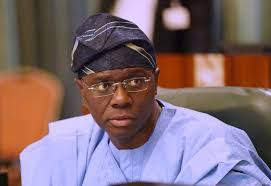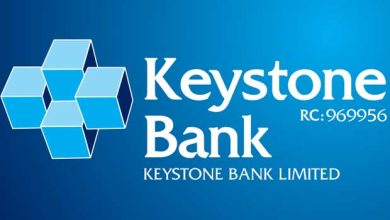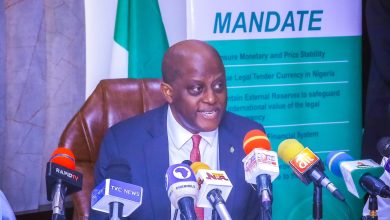Fuel price rises to N750.17 per litre – NBS

The national average retail price for Premium Motor Spirit otherwise known as petrol increased year-on-year, YoY, by 37.44 percent to N750.17 per litre in June 2024 from N545.83 per litre recorded in the corresponding period of 2023.
On a month-on-month, MoM basis, the average retail price decreased by 2.53 per cent from N769.62 per litre in May 2024.
The National Bureau of Statistics, NBS, report on Premium Motor Spirit,(Petrol) Price Watch for June 2024 disclosed that Benue State topped the price chart for the product at N864.55, followed by Jigawa and Rivers States with N847.00 and N810.00 respectively.
However, Lagos, Kwara and Ogun States emerged the states with the lowest retail price for the product at N626.94, N650.00 and N670.63 respectively. Lastly, the South-South zone had the highest average retail price of N794.64, while the South-West zone had the lowest price of N696.42
Meanwhile, the average retail price of Automotive Gas Oil, also known as diesel increased year-on-year, YoY, by 79.32 per cent to N1462.98 per litre in June 2024 from N815.83 recorded in June 2023.
On a month-on-month, MoM basis, an increase of 4.20 per cent was recorded from N1403.96 per litre in May 2024.
The report stated “Looking at the variations in the State prices, the top three States with the highest average price of the product in June 2024 include Niger State (N1979.23), Cross River State (N1920.86), and Taraba (N1742.46).
Furthermore, the top three lowest prices were recorded in the following State namely, Lagos State (N1210.77), Ogun State (N1239.17), and Abuja (N1240.00). The Zonal representation of the average price of Automotive Gas Oil (Diesel) shows that North East Zone has the highest price of N1659.07 while South West Zone has the lowest price of N1280.54 when compared with other Zones.
Stakeholders attributed the development to the depreciation of the naira and the competitive disadvantage of locally produced goods occasioned by the binding constraints confronting the manufacturing sector in the country.
Reacting to the development, President of MAN, Francis Meshioye, attributed the development to the inability of the country’s manufacturers to compete with their international counterparts due to factors bordering on high production costs.
“Nigerian manufacturers are saddled with high production costs, which ultimately push up the prices of manufactured goods.
“All these things are based on competitive advantages. The export base should be good enough to support the floating exchange rate, but we need to have a good economic base to do that.
“The government should look at why manufacturers cannot export as expected.”
For the Director of the Centre for the Promotion of Private Enterprise (CPPE), Muda Yusuf, the rise in import figures is mainly due to the naira devaluation.
“I think it is because of the naira depreciation. If you are importing something that was $1 million when the exchange rate was N450 per dollar, now you are importing products worth $1 million, and the exchange rate is N1,500 per dollar,” he said.







